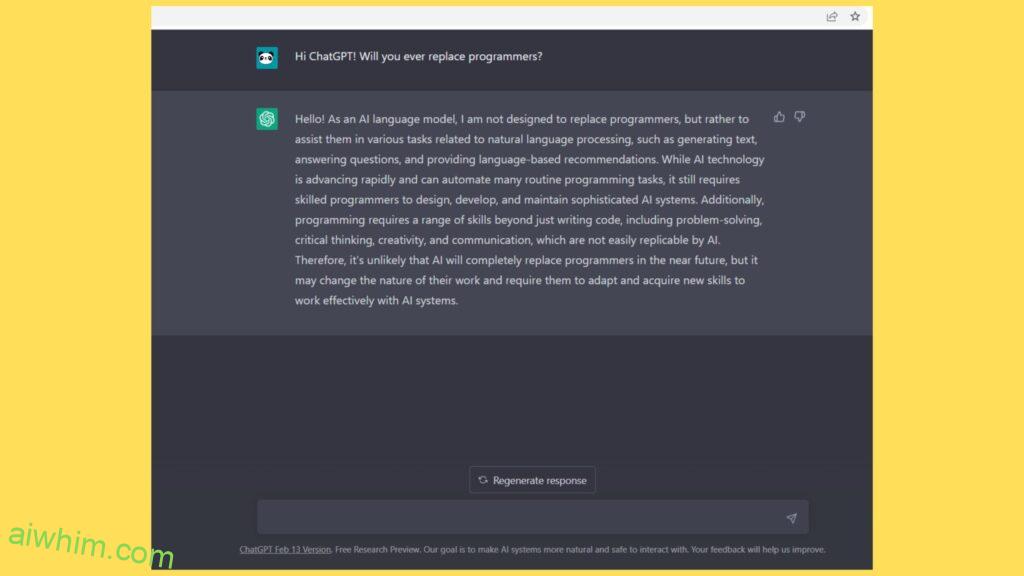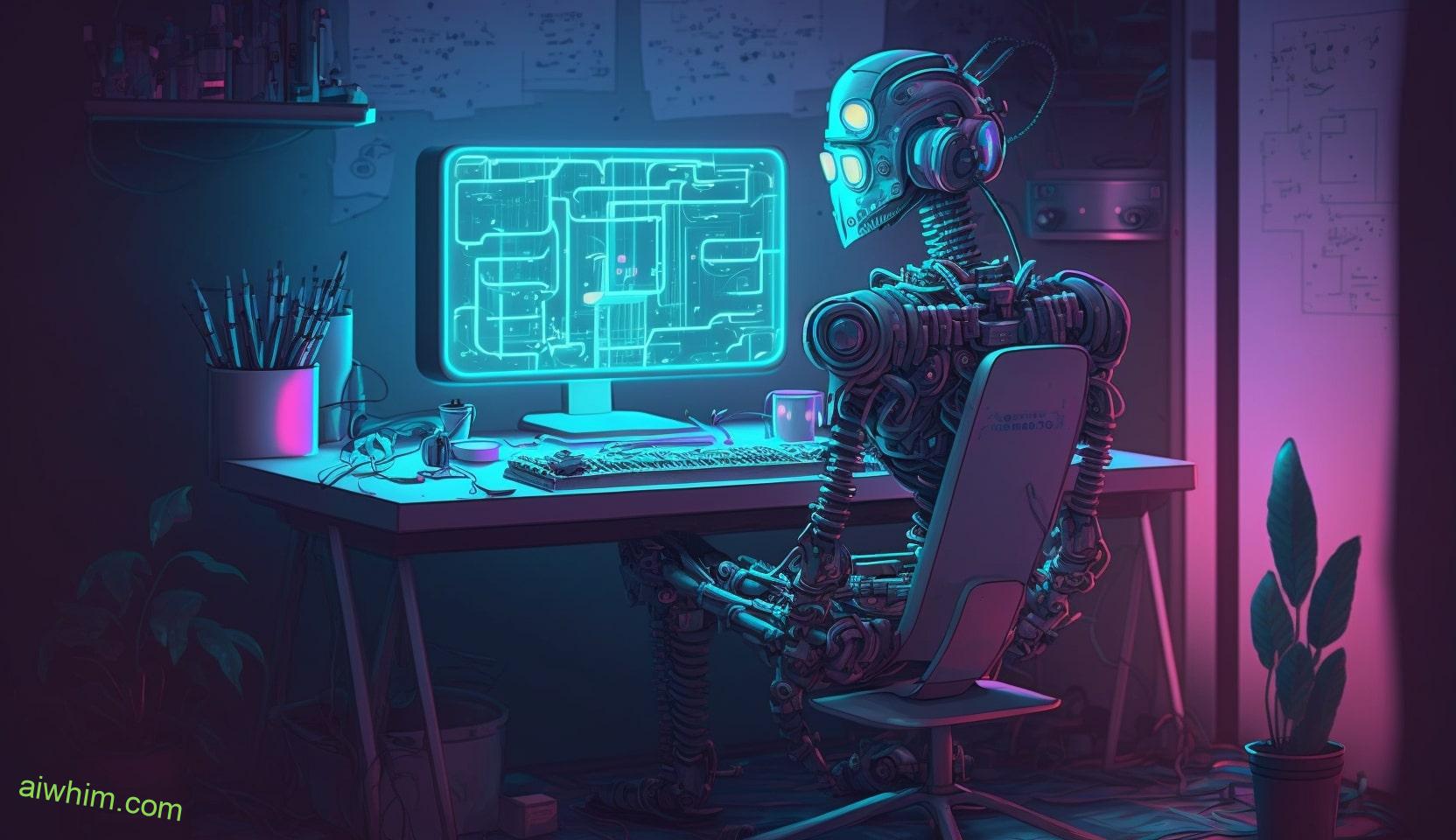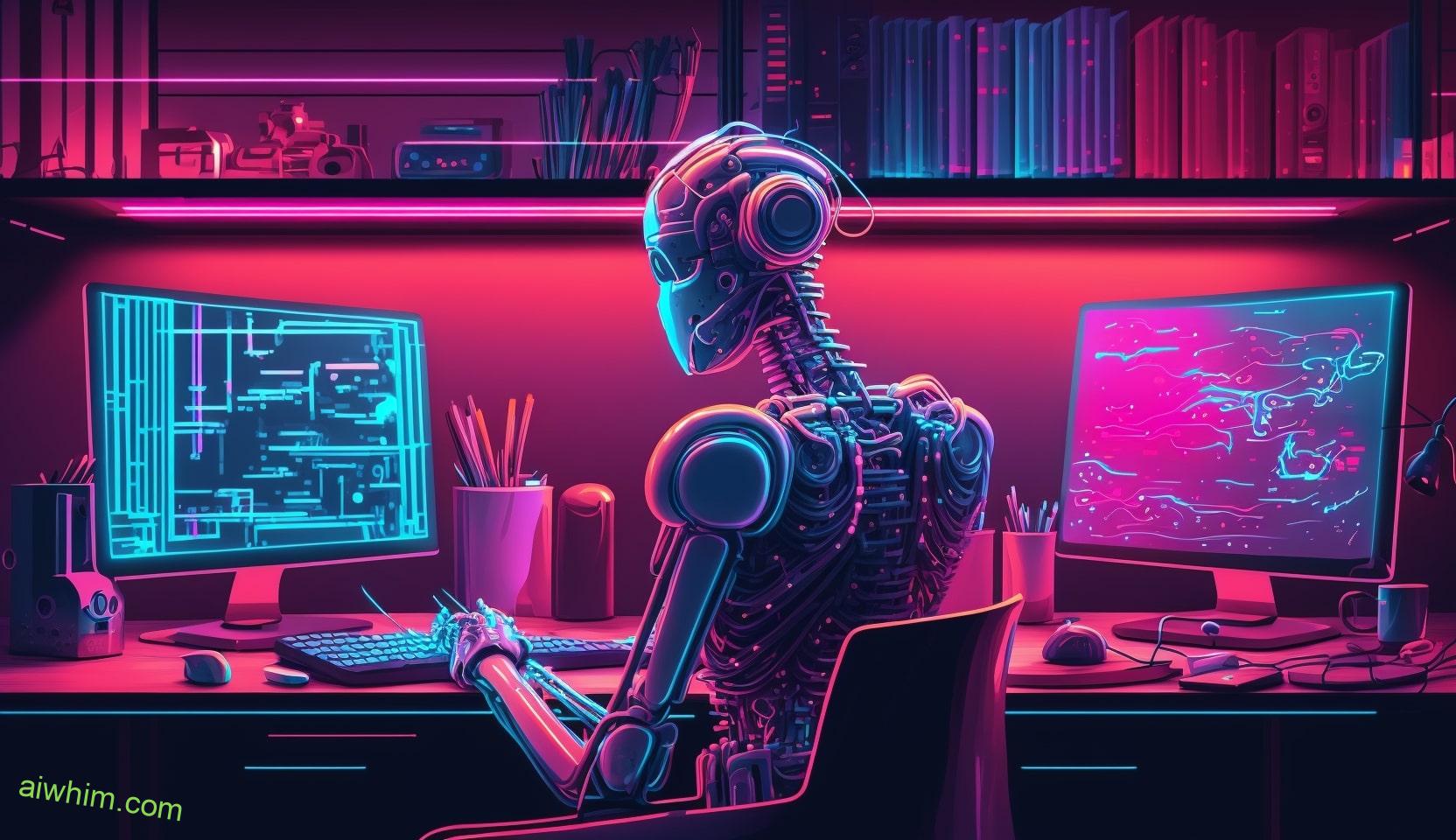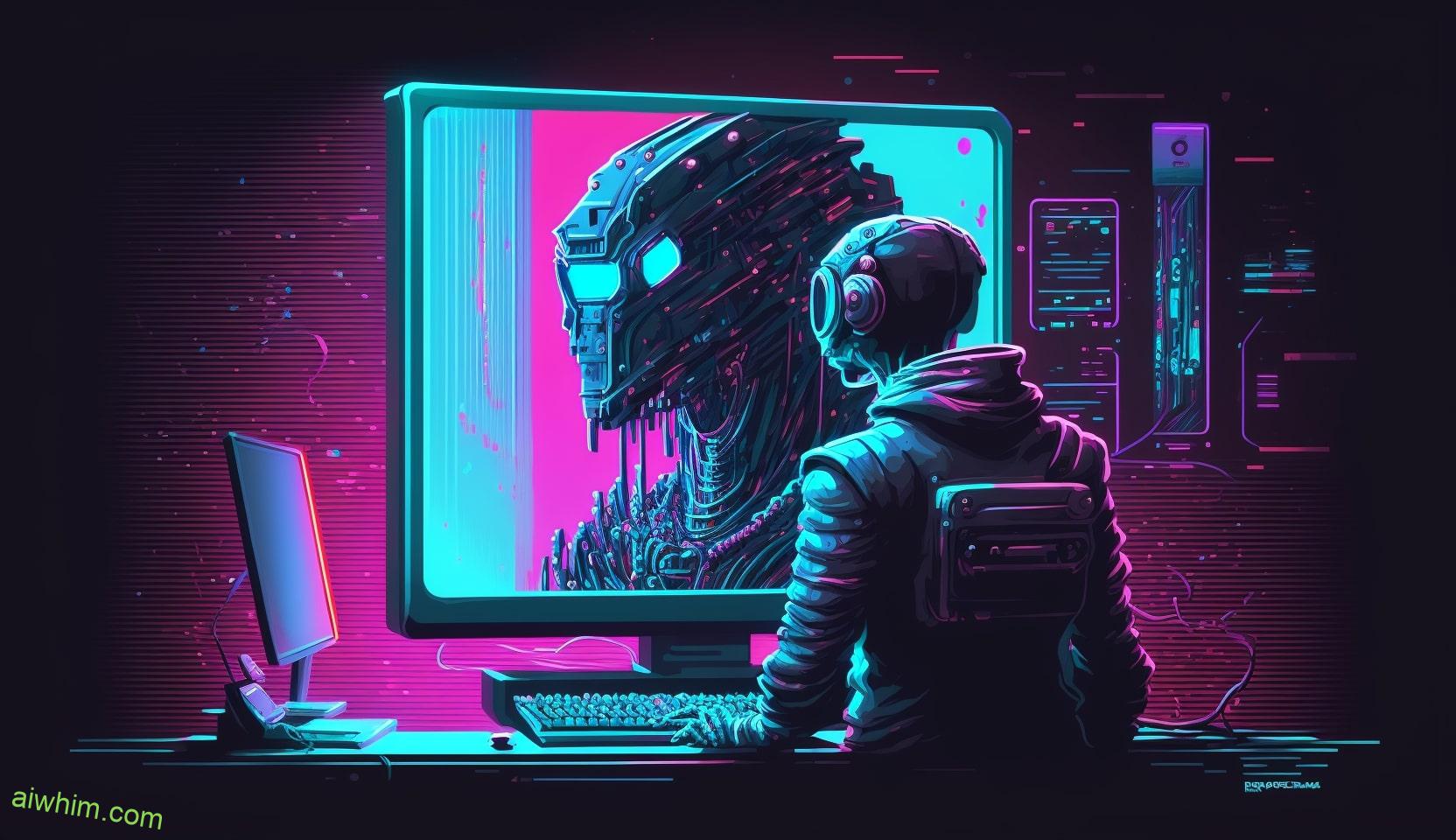Are you tired of programming? Do you want to be free from the burden of coding and debugging? Well, there’s a new technology on the horizon that could revolutionize how we code and create software: ChatGPT. In this article, we’ll take a look at what ChatGPT is, discuss whether it can replace programmers, and analyze its potential implications for the future of development.
ChatGPT is an AI-powered natural language generation system developed by OpenAI. It uses machine learning algorithms to generate entire programs based off of just a few lines of input code or natural language instructions. This means that developers no longer need to write tedious lines of code in order to get their programs running; instead, they can simply provide instructions in plain English and let ChatGPT do all the heavy lifting for them.
So now the question arises: Could ChatGPT actually replace programmers? Can it really generate complete programs with minimal human intervention? Or are there still some tasks that only humans can perform efficiently? The answers may surprise you – so keep reading to find out more!
But before we start, you may also want to read this article about AI and computer programming careers.
Also, explore our study to find out if programmers are considered one of the 100 jobs most at risk from chatbots and AI.
Definition Of Chatgpt
ChatGPT is a form of natural language processing that utilizes automated programming and artificial intelligence to help developers create software. It uses machine learning techniques to analyze data sets and generate code in response to user input. This enables it to automate the process of creating programs, which can save time and reduce errors. In short, ChatGPT provides an easy way for programmers to write code more quickly and accurately than ever before. By taking over some of the tedious tasks associated with coding, ChatGPT allows developers to focus on more creative aspects of their work instead.
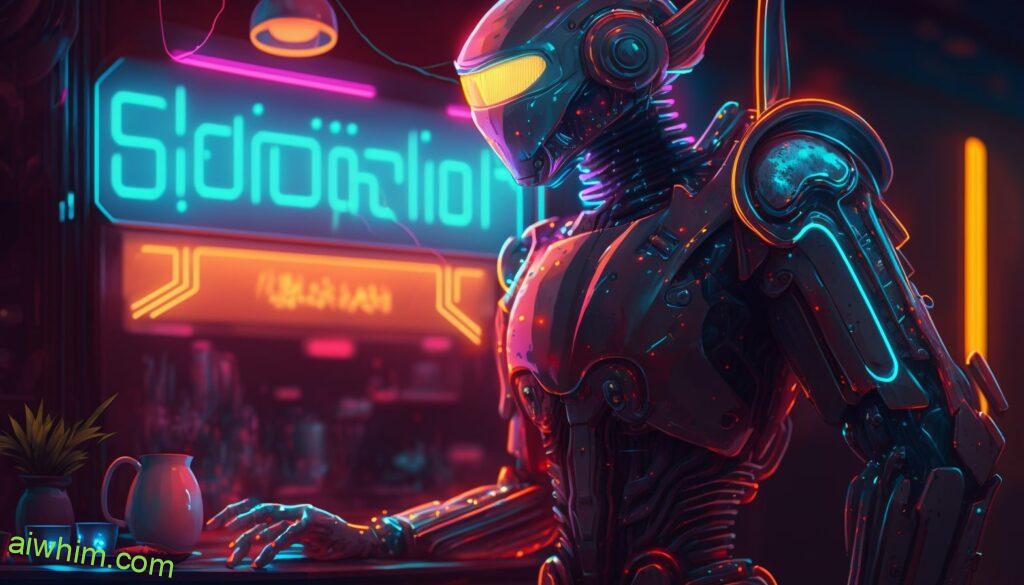
Overview Of Automation In Programming
Automation has become a critical part of programming today. It is transforming the way we create software and manage processes, making it easier to build complex applications quickly and efficiently. Automation technology provides developers with powerful tools for improving productivity, accuracy, and scalability.
Here are four ways automation is impacting programming:
- Coding automation: Tools like code generators allow developers to quickly generate high-quality source code without having to manually write every line of code. This reduces development time significantly while also increasing accuracy.
- Testing automation: Automated testing tools enable developers to test their programs more effectively by running tests in parallel or on multiple machines simultaneously. These tools can also be used for performance testing, ensuring that applications run smoothly even when under heavy load.
- Deployment automation: Automating deployment tasks such as provisioning servers, building images, and deploying applications makes it faster and easier to deploy new versions of an application. This simplifies the process of releasing updates and allows teams to move quickly when responding to customer needs or addressing security issues.
- Infrastructure automation: Infrastructure as Code (IaC) tools automate the configuration and management of cloud resources so that infrastructure changes can be implemented quickly and reliably without manual intervention. This helps reduce errors caused by human mistakes while enabling teams to easily scale up or down depending on demand.
The use of automation in programming offers many benefits including increased speed, reliability, cost savings, improved quality assurance, better collaboration between team members, and reduced maintenance overhead. It’s no wonder why this technology is becoming increasingly popular among developers looking for greater efficiency and flexibility in their workflows.
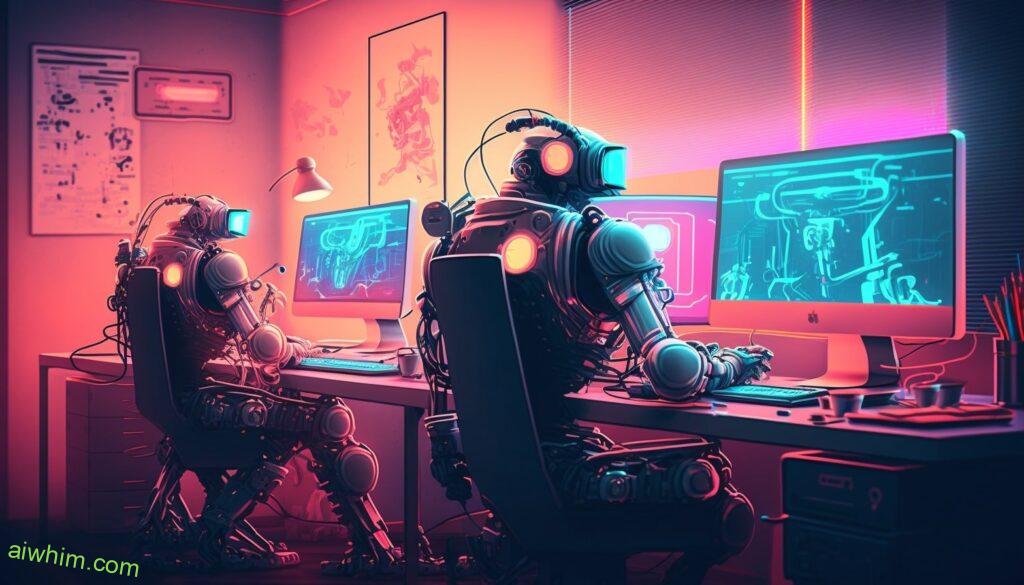
Benefits Of Chatgpt For Developers
The potential for chatgpt to revolutionize the programming process is becoming increasingly apparent. The benefits it may provide developers are vast, from improving usability and coding speed to providing automation convenience.
ChatGPT has the ability to reduce or even eliminate certain tedious tasks of a developer’s job, such as manual data entry or writing code that relies on existing patterns. In addition, its natural language processing capabilities can help developers learn new skills quickly while they’re working on projects. This can be invaluable in terms of efficiency and productivity. Further, with chatgpt’s automated intelligence, developers have access to an incredible amount of relevant information at their fingertips without having to leave their development environment.
Moreover, chatgpt offers developers greater flexibility when it comes to tackling complex problems; instead of relying solely on manual coding techniques, they can use machine learning algorithms and AI assistants to streamline processes and increase accuracy. Additionally, by automating mundane programming tasks, developers can free up more time for creative thinking and innovation – essential components for successful software development today.
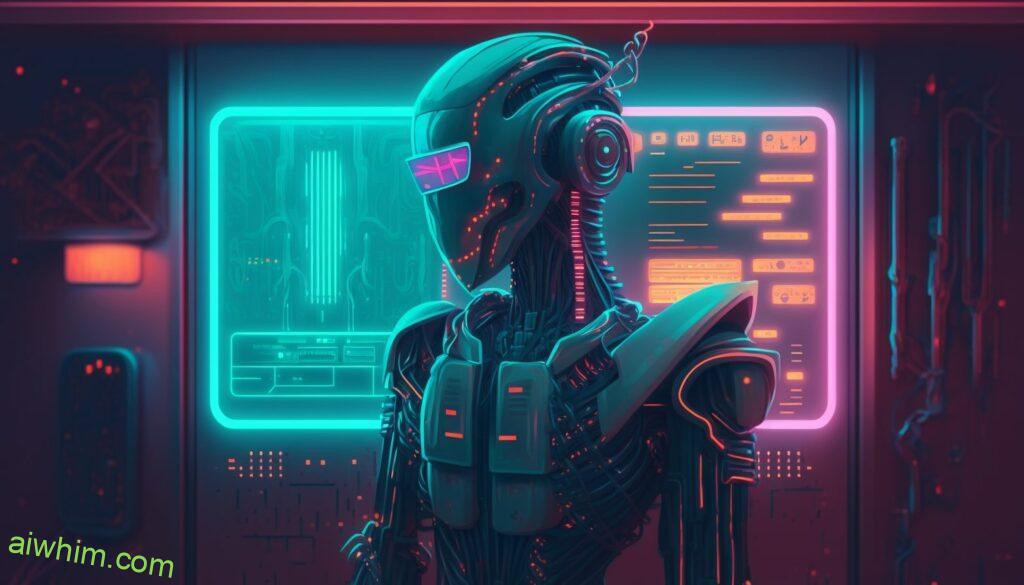
Challenges In Deploying Chatgpt
Deploying ChatGPT presents a variety of technical challenges and integration complexity. The training requirements to use the system correctly are often underestimated, leading to costly setbacks in deployment schedules. Furthermore, there is always an added risk when deploying any technology dealing with data security and privacy compliance. To illustrate this challenge, consider the example of a highly regulated healthcare organization that must ensure their patient’s data remains secure at all times during a deployment process – if even one step goes wrong due to lack of experience or training, it could result in significant financial penalties for the organization.
The cost associated with deploying ChatGPT extends beyond monetary resources as well – organizations need to be prepared for extensive time investments from both skilled personnel and IT leaders alike. Technical teams need to be trained on how to properly configure the system so that it can interact most efficiently with existing infrastructure while also adhering to applicable legal standards such as HIPAA or GDPR protocols. Additionally, teams may find themselves spending countless hours integrating chatbots into workflows and troubleshooting errors within complex architectures which can lead to delays in product launch dates or reduced ROI (Return on Investment).
In light of these potential pitfalls, companies should research carefully before investing in ChatGPT solutions and make sure they have adequate resources available upfront for successful implementation – including expertise not only in technological development but also data security regulations. Organizations will benefit greatly by ensuring their staff understands exactly what needs to be done before engaging any third party vendors for assistance. In other words, those looking to deploy ChatGPT systems must recognize that careful planning is essential for achieving success.
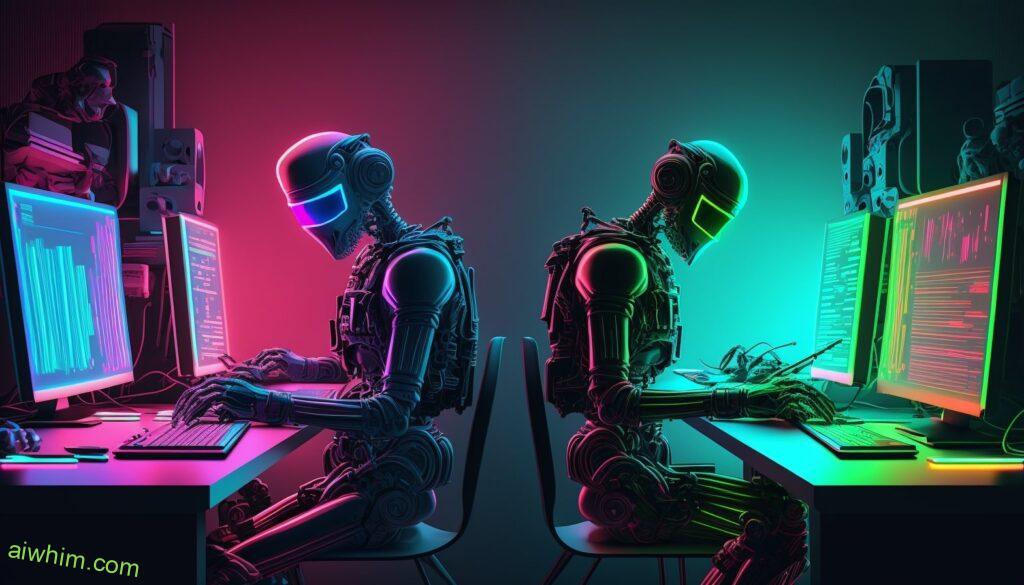
Limitations Of Chatgpt
ChatGPT is an impressive technology that aims to replace human programmers. However, like all technologies, there are certain limitations associated with it. Here are some of the key limitations of ChatGPT:
- Automation Limitations: Although automated programming can be helpful in many cases, it cannot completely eliminate the need for manual coding and debugging by a programmer. This limitation can cause issues when attempting difficult tasks such as creating complex algorithms or making changes to existing code.
- Artificial Intelligence Limitations: AI-based systems have limited ability to learn from past experiences and may not recognize new patterns or scenarios. As such, they may fail to provide accurate results when presented with unfamiliar data sets. Additionally, their lack of creativity often prevents them from coming up with innovative solutions to problems.
- Machine Learning Limitations: Machine learning models require large datasets for training purposes which can make them impractical for smaller projects or on restricted budgets. Furthermore, machine learning systems are unable to explain why they generated particular outputs and thus do not allow for effective debugging procedures without significant effort.
Although ChatGPT has its share of advantages over traditional programming methods, these limitations should be taken into account before deciding whether or not it is the right tool for any given task. To ensure optimal performance and accuracy, developers must take into consideration both their project requirements and the underlying capabilities of this technology before investing time and resources into implementing it in their workflow.
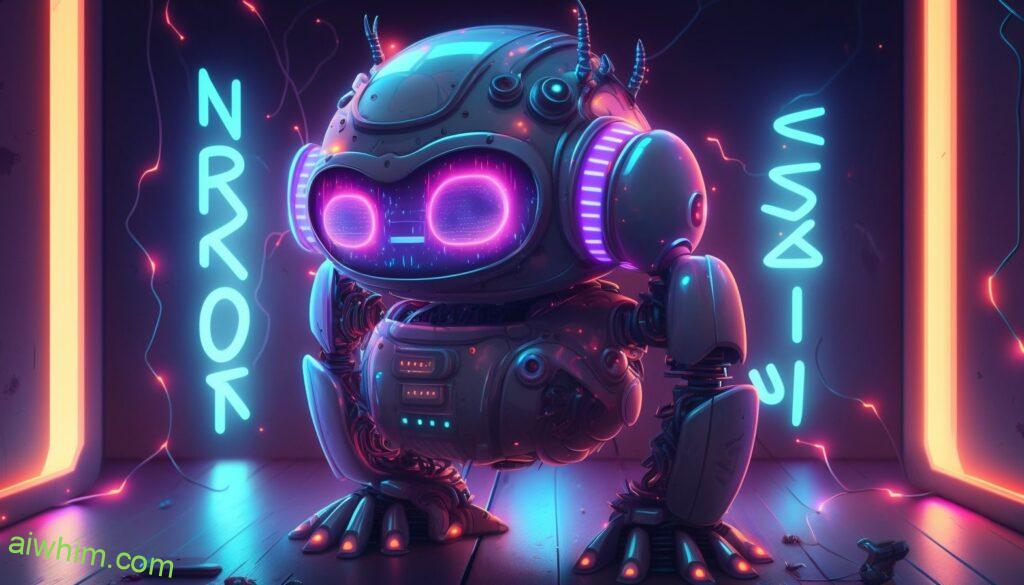
Comparison To Traditional Programming Tools
So, how does ChatGPT stack up against traditional programming tools? On the surface level, they appear to be quite similar. Both are used to create automated tasks and both require knowledge of programming languages. However, there is a major difference between them: artificial intelligence (AI).
ChatGPT utilizes AI algorithms that allow it to learn from and interact with data in order to generate code or other outputs. This makes it much easier for developers who may not have extensive experience with coding languages. Furthermore, this type of automation can enable faster development times as well as more accurate results than conventional programming methods would have been able to produce. As such, chatgpt offers an attractive alternative for those seeking to automate their projects without sacrificing time or accuracy.

Impact On Job Security And Marketability
The looming question of whether ChatGPT will replace human programmers has cast a gloomy shadow on the job security and marketability of computer professionals. Like an unstoppable force, automation is making its way into many aspects of the workforce that were once thought to be safe from it; programming jobs are no exception. While some may argue that this could potentially create more high-skilled positions for those who have experience in managing such technology, there’s still no denying that fewer opportunities exist for traditional programmer roles.
Currently, the impact of automation on programming jobs is yet to be determined; however, we can assume that with the increasing presence of AI-driven solutions, free from errors and tedious manual labor, these technologies will certainly play a major role in reducing job displacement among programmers. Moreover, as more advanced algorithms become available to businesses, they’ll likely move away from employing highly skilled workers in favor of automated ones; thus diminishing prospects even further. Though daunting at first glance, if managed correctly by organizations and governments alike, technological advances like ChatGPT don’t necessarily mean an end to all programming jobs but rather a shift towards higher level tasks requiring greater technical prowess and creativity.
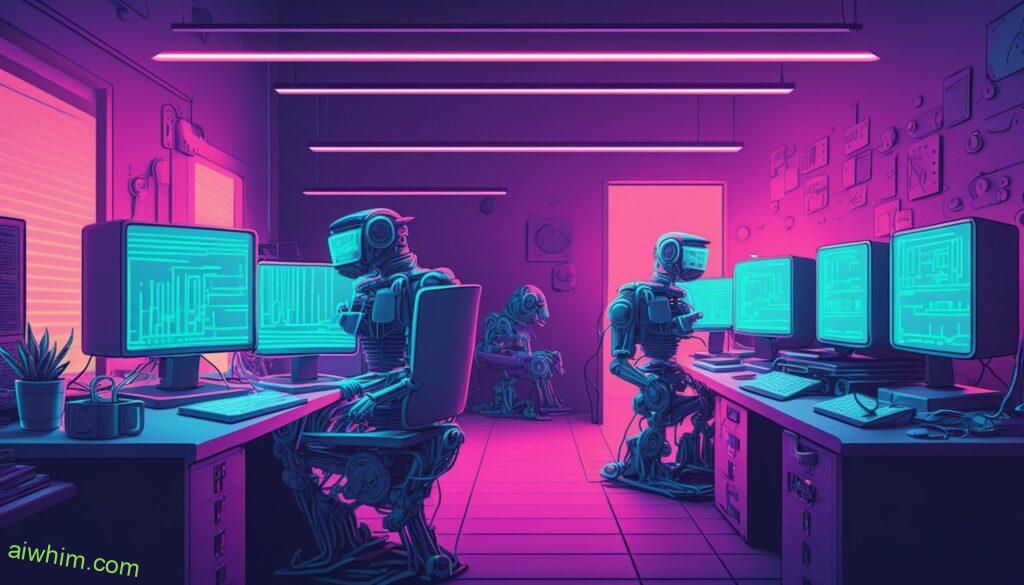
Adoption Rates Among Programmers
To understand adoption rates among programmers, it’s essential to consider the impact of chatgpt on both programmer and automation usage. As automation technology continues to develop, so does its potential for replacing jobs traditionally held by programmers. The introduction of chatgpt has presented a new challenge for traditional programming roles – as businesses increasingly rely on AI-driven applications instead of manual coding.
Given this shift in the industry, what can we conclude about the current rate of adoption amongst programmers? Recent surveys have shown that while there is certainly an increased interest in using chatgpt, most developers still prefer using their own code when tackling complex problems. On the other hand, many developers are also starting to recognize the value that chatgpt can bring to certain tasks; with some even predicting that human coders may eventually be replaced entirely by AI solutions. This suggests that although awareness around chatgpt is growing, it will take more time before widespread adoption takes place within the programming community.
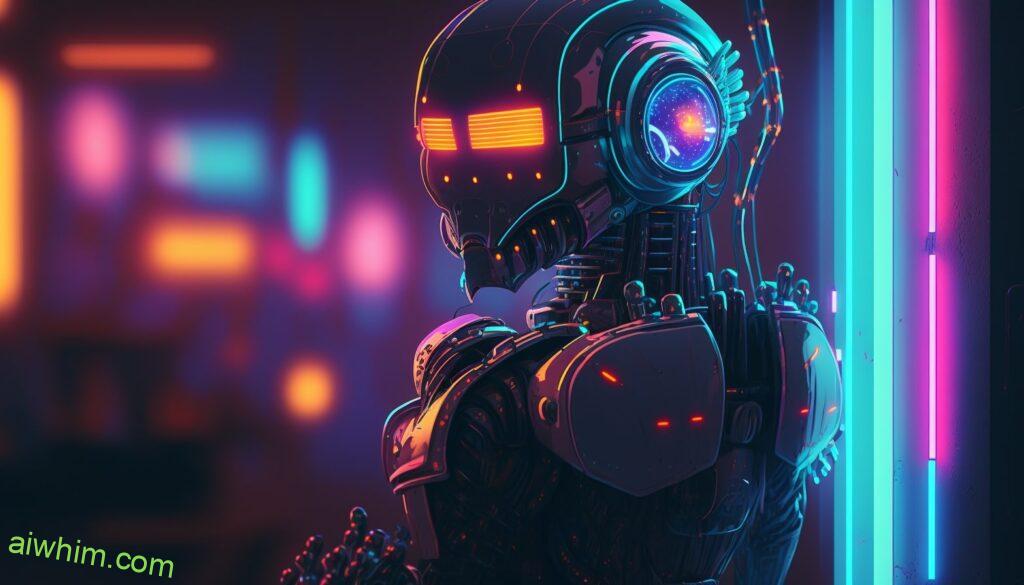
Will Chatgpt Replace Human Programmers?
No, ChatGPT will not replace human programmers. The technology is still in its infancy and has a long way to go before it can fully replicate the capabilities of experienced developers. Additionally, there are ethical considerations as well as cost-benefit analyses that must be taken into account when looking at automation programming technologies such as ChatGPT.
First, chatgpt lacks certain features which make it difficult for users to accurately predict how their code may react under different conditions or scenarios. This means that while chatbot programs could potentially automate some aspects of software development, they cannot yet match the level of accuracy provided by experienced coders.
Second, job security is an important concern for many computer professionals who fear being replaced by automated systems like ChatGPT. While there may be potential benefits from using this type of technology, workers need to know that their skills won’t become obsolete due to automation. Employers must consider these fears if they choose to implement automation solutions in order to ensure worker retention and satisfaction.
Finally, any cost-benefit analysis needs to take into consideration both short and long term effects on businesses and employees alike. Automation might bring about initial savings but those savings need to be weighed against possible negative impacts such as reduced quality or employee dissatisfaction. Ultimately, the decision should come down to what works best for all parties involved: employers, employees and customers alike.
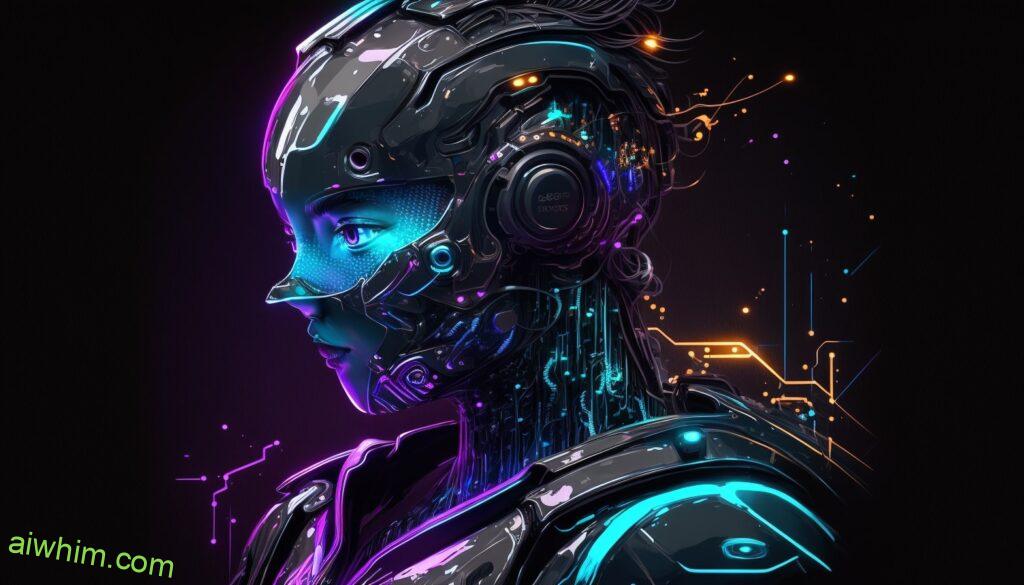
Ethical Considerations With Automation
The potential of automation to replace human labor is both exciting and worrisome. As ChatGPT becomes increasingly sophisticated, it raises important ethical considerations about the implications of its use in industries such as programming. Automation ethics have become a major concern for many people due to the consequences that could arise from replacing humans with machines.
As more businesses turn toward automated solutions, they must consider the ethical ramifications of their decision-making process. The effects on workers being replaced by automation could be devastating if not handled appropriately. Furthermore, businesses must also think about how their decisions will impact society at large – including those who may benefit or suffer because of an automated solution.
There are numerous issues surrounding ethical automation which need to be addressed before widespread adoption can take place. Companies must ensure that any automation technology used follows industry regulations and respects employee rights while still providing efficient services. Additionally, businesses should strive to make sure the new technology does not create unintended economic disparities or cause other negative outcomes for vulnerable populations. Ultimately, companies should strive to make sure any changes brought about by automation are beneficial rather than detrimental – both ethically and economically – for all stakeholders involved.
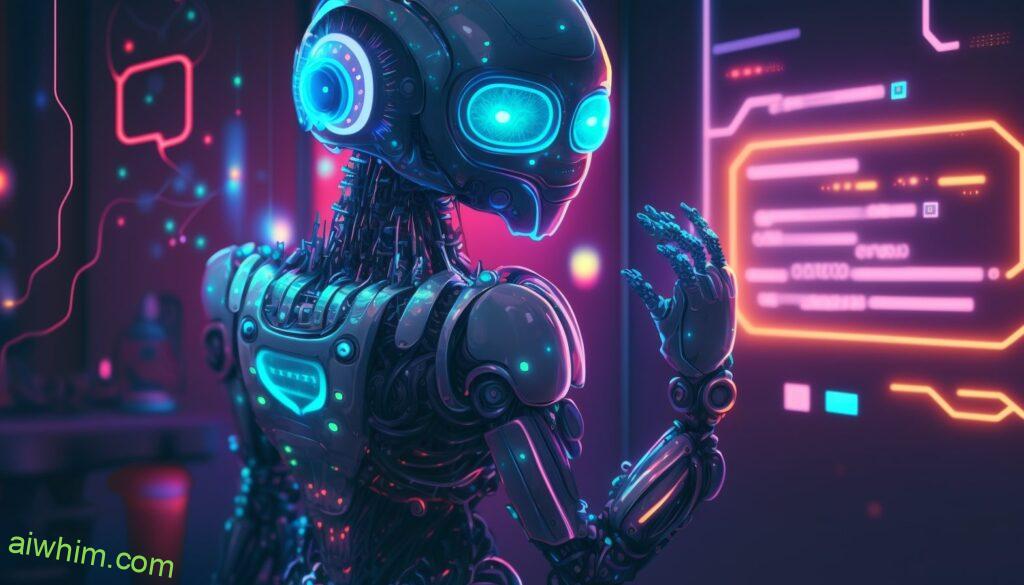
Potential Future Developments With Chatgpt
The sky’s the limit when it comes to potential future developments with ChatGPT. Already, chatgpt advancements are transforming programming automation and artificial intelligence – boosting efficiency while taking away mundane tasks from many programmers. Automation improvements will likely be one of the main focuses for ChatGPT in the coming years, providing a smoother experience that is more intuitive and user-friendly.
Additionally, there may also be further applications of ChatGPT where it could become an even bigger part of modern programming efforts. For instance, clever use of AI technology combined with natural language processing (NLP) has opened up new possibilities for software development projects. In the near future, this might allow developers to focus on higher level tasks rather than having to worry about tedious coding tasks or debugging processes.
ChatGPT is certainly revolutionizing how we think about programming today, as well as what kind of opportunities exist for coders and non-coders alike in the future. From improved automation to exciting new avenues for creative expression, there’s no telling just how far these innovations can take us in this respect.
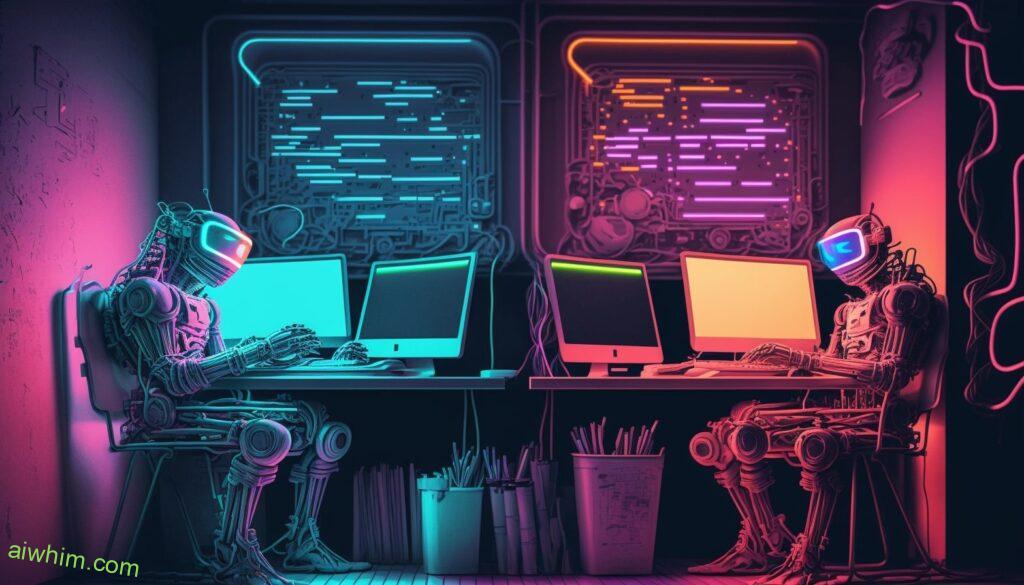
Security Risks With Automation
The potential of automation powered by ChatGPT is undeniable, yet it could lead to serious security risks. Automation carries with it the risk that malicious actors will find ways to exploit its vulnerabilities and use automated processes for criminal activities. In addition, without proper oversight, automated systems can be easily abused or misused. For example, hackers may gain access to a system using an unsecured network connection or unauthorized remote access software.
Moreover, automation could also put programmers at risk of job displacement due to the decreased need for them to perform certain tasks as machines are increasingly able to do more efficiently than humans. Additionally, when careless coding practices go unchecked, programming errors could introduce new threats into existing applications and networks. Consequently, organizations must take extra precautions when implementing automation technology such as ChatGPT in order to ensure their data stays secure while minimizing the chances of exploitation from cybercriminals.
In summary: The implementation of automation technology like ChatGPT carries both promising potentials and significant security risks that necessitate careful consideration before any deployment. Organizations must evaluate all associated risks carefully in order to protect against malicious attackers who may seek out weaknesses within automated systems. Furthermore, they should remain vigilant about monitoring emerging technologies and trends in order to identify any changes which might pose additional security challenges for their enterprises.
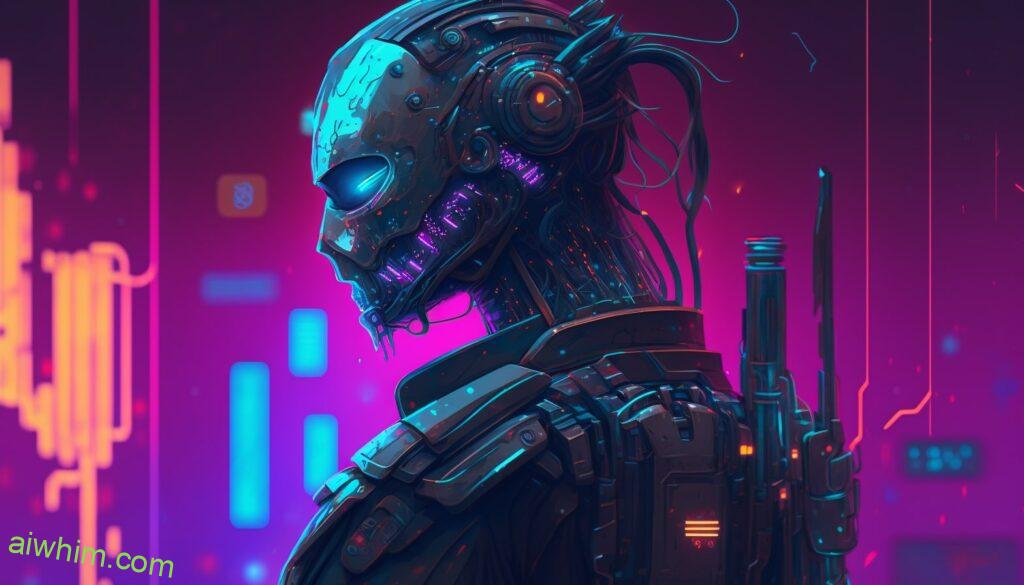
Cost-Benefit Analysis For Organizations
With the automation revolution in its full swing, organizations are increasingly turning to chatgpt as a cost-effective solution. It’s no surprise that many of them have been asking whether it can replace programmers completely. After all, why pay someone when you could just get a machine to do it instead?
But is this really the best course of action for businesses? Let’s take a look at some of the pros and cons associated with such an idea:
Pros
- Cost-Benefit Analysis: Automation tools like ChatGPT require less investment upfront than employing human employees. This means companies can save money in the short term by investing more heavily in other areas of their business.
- Increased Efficiency: Machines are able to work much faster than humans, meaning tasks can be completed quicker and more accurately. This helps organizations keep up with customer demands quickly and efficiently.
Cons
- Limited Capabilities: While machines may be good at certain tasks, they cannot think creatively or independently which limits their usefulness in certain situations.
- Job Losses: Automating processes inevitably leads to job losses as there will no longer be any need to employ people for those roles. This could lead to increased unemployment rates and social unrest due to lack of opportunity in society.
The decision whether or not to use automated systems ultimately comes down to each individual organization’s needs and capabilities. While automation has many advantages, it should always be weighed against potential risks before being implemented on a large scale basis.
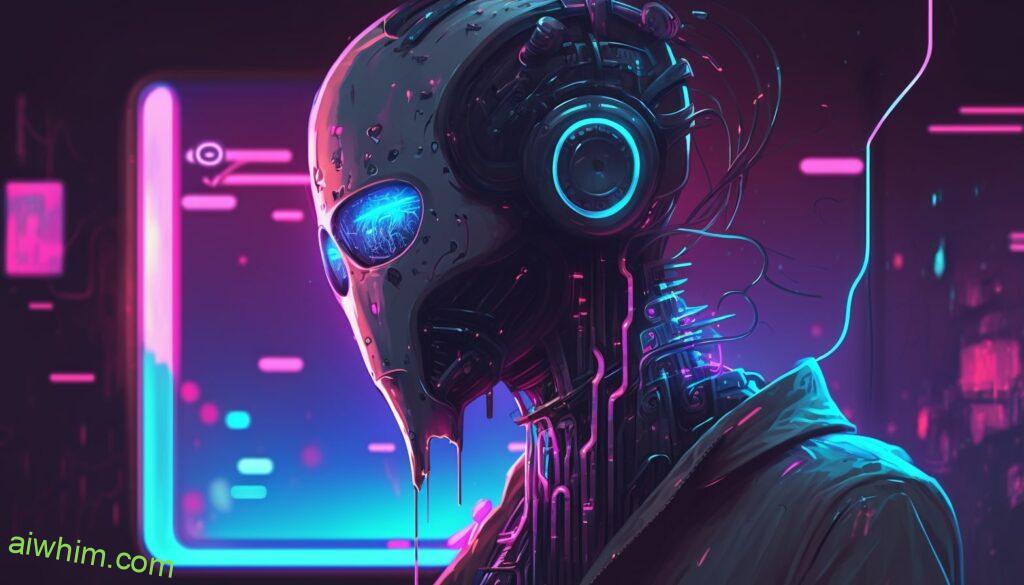
What Does The Future Hold For Chatgpt?
The future of ChatGPT is uncertain, but there are several possible scenarios that could play out. On one hand, it’s clear that automation and AI will continue to advance rapidly in the coming years, making it increasingly likely that ChatGPT will replace some programmers at least partially. However, there may also be a lot of potential for further development of this technology which can help create more job opportunities rather than taking them away.
An important part of assessing the impact of ChatGPT on future programming jobs will be understanding its implications on automation security. There must be a cost-benefit analysis done to determine if incorporating the technology into our systems would cause more harm than good. Additionally, businesses need to consider how much they’re willing to invest in such a system and what kind of return on investment they’d receive from it before proceeding with implementation.
All these considerations point towards the idea that no drastic change should be expected soon when it comes to job security for programmers; however, given the rate at which technology advances today, companies should pay close attention to any new developments or features related to ChatGPT so they can plan accordingly and adjust their strategies as needed. In other words, while progress won’t happen overnight, being aware and responsive now is key for staying ahead in an ever-evolving digital landscape.
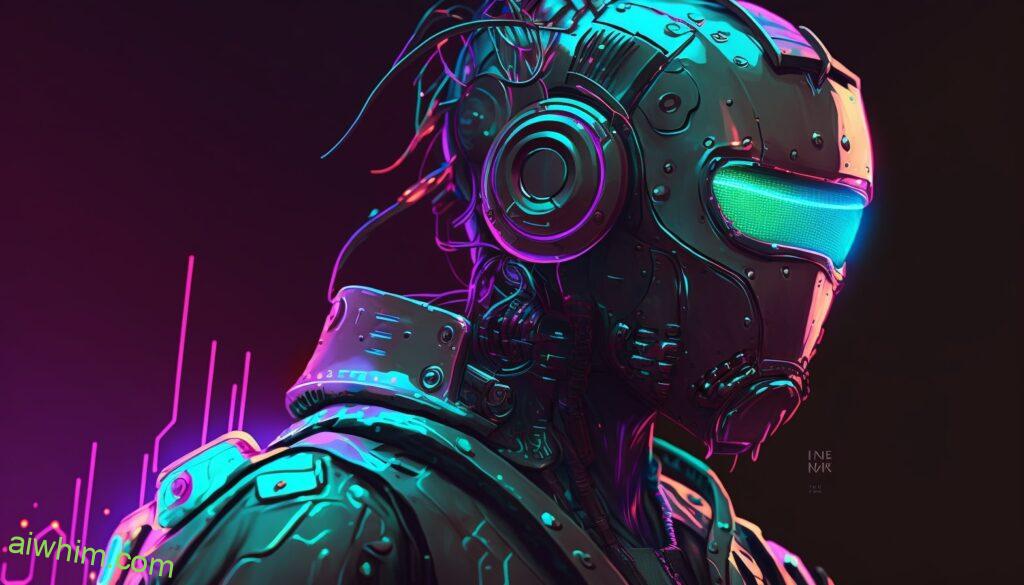
Conclusion
Well, it sure looks like ChatGPT is the future of programming! It’s a revolutionary new way to create programs with minimal effort and cost. No longer will coders have to worry about tedious tasks or complicated code – now they can simply type their questions into ChatGPT and get an answer quickly and easily. Plus, all data stored by ChatGPT is secure, so our privacy remains intact.
But what does this mean for programmers? Will they be replaced by machines? Not likely. After all, machines are only as good as the people who program them and no amount of artificial intelligence can replace the unique creativity that humans bring to the table. So while AI may make certain aspects of coding easier in the short-term, it will never fully replace us.
In summary, ChatGPT is indeed revolutionary but not necessarily something to fear for programmers. We’ll still need human brains and ingenuity to design complex algorithms and tackle difficult problems – at least until robots become self-aware enough to take over!

Frequently Asked Questions (FAQ)
What Skills Are Necessary To Use Chatgpt?
It is clear that there are certain skills necessary to use ChatGPT effectively. When it comes to developing applications with GPT, one needs to be well-versed in programming and understand the technology behind chatbot development. This includes being able to write code for natural language processing (NLP), deep learning algorithms and other related technologies. Additionally, developers must have an understanding of how chatbots work and how they interact with users.
ChatGPT skills can also include knowledge about designing user interfaces that make conversations more intuitive and engaging for end-users. Understanding customer psychology is essential when creating a successful chatbot application as this will help ensure that users get the most out of the experience. Furthermore, designers should consider incorporating features such as automated responses or personalized messages in order to increase customer satisfaction levels. Finally, having a good grasp on analytics tools can give developers insight into usage metrics which can inform future iterations of their products.
The ability to develop high quality ChatGPT applications requires a combination of technical know-how, creative thinking and research capabilities. With these skills at hand, developers can create powerful solutions capable of providing customers with meaningful interactions – something that no programmer alone could achieve!
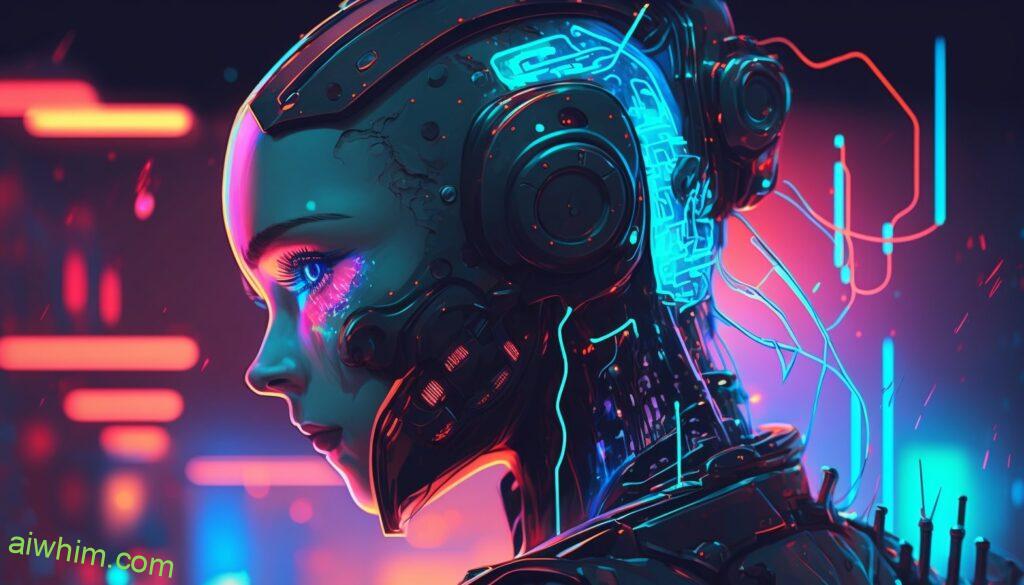
What Type Of Programming Tasks Is Chatgpt Most Suitable For?
ChatGPT is a natural language programming chatbot that can be used to automate many different types of programming tasks. It has the potential to revolutionize the way developers approach everyday programming tasks, and it’s an excellent tool for those looking to get their projects done faster and more efficiently. But what type of programming tasks is ChatGPT most suitable for?
When it comes to task automation, ChatGPT excels in taking basic user input and turning it into complex code. This makes it ideal for dealing with mundane repetitive coding tasks such as data entry or form creation. Additionally, because of its ability to interpret natural language commands, ChatGPT can be used for chatbot programming and other conversational AI applications. Finally, by combining these capabilities with machine learning techniques and predictive analytics algorithms, users can create sophisticated programs capable of carrying out complex logic operations within a relatively short time frame.
In summary, ChatGPT offers high-level functionality when it comes to automating various types of programming tasks. Through its powerful combination of natural language processing and machine learning technologies, developers can quickly complete any number of tedious coding activities while freeing up valuable resources for more creative endeavors. With this kind of efficiency at their disposal, programmers are able to unleash their full potential without having to worry about getting bogged down in manual labor.
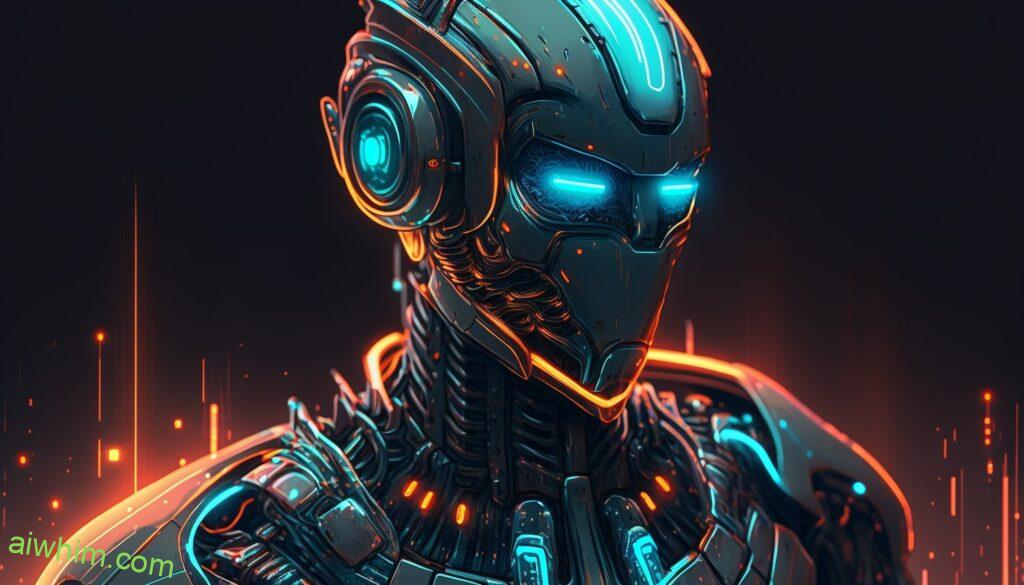
How Is The Cost Of Chatgpt Compared To Traditional Coding Tools?
When considering the cost of ChatGPT compared to traditional programming tools, it is important to take into account both the initial investment and the potential long-term savings. Here’s an overview of how they compare:
- ChatGPT offers a low upfront cost when compared with many traditional programming solutions.
- The cost for ongoing maintenance and updates is significantly lower than that of some other programming options.
- It can be utilized more quickly than most traditional programming languages without needing a lot of time to learn or be trained on its features.
- It has proven to be very effective in terms of reducing development costs and increasing output quality over longer periods of time.
- Many users have found that using ChatGPT results in fewer errors and improved code readability as well as faster deployment times.
In weighing up the pros and cons, it is clear that while there may be a slightly higher initial investment, overall chatgpt provides significant benefits in terms of cost effectiveness when compared to traditional programming tools. This makes it particularly attractive for those who are looking for ways to save money but still maintain high levels of productivity. Additionally, with its user friendly interface and broad range of capabilities, it is easy to see why so many people are now turning towards this technology as their go-to solution for coding projects.

What Are The Future Effects Of ChatGPT On Programming Jobs?
ChatGPT has ushered in a new era of automation, raising the question of what its effects are on the programming industry. The short-term and long-term impacts have been discussed extensively, but it is important to consider how they will shape the future of programming jobs and their availability.
The most pertinent issue when considering chatgpt’s effects on the programming industry is that of job displacement. In the short term, experts agree that AI can augment existing roles by taking over mundane tasks and freeing up programmers for more creative work. This could lead to an increase in productivity levels and allow companies to expand their operations with fewer employees. However, there is also a risk that it could reduce employment opportunities as machines take over many routine coding tasks from human coders.
In terms of longer-term implications, some believe that ChatGPT will be able to eventually replace entire programming jobs altogether, eliminating them entirely due to its ability to autonomously generate code without any human input or intervention. On the other hand, others argue that this technology may actually create new programming jobs as businesses continue to invest in technologies such as machine learning and artificial intelligence (AI) which require skilled professionals who understand both software development and AI algorithms. Ultimately, only time will tell how these technologies will affect the programming industry and impact available positions in the field!
Author: Ole Paulson
Author Bio: I’m Ole and on this website, I share everything there is to know about Artificial Intelligence, and useful tips for using AI to our advantage. I have a background in data science and research and have been following the AI-space for years. You can read more about me in the “About” page.

